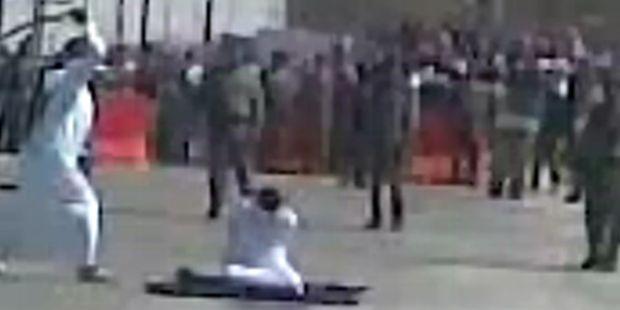After a violent fight broke out between two brothers two years ago in Saudi Arabia; one of the brothers was sentenced to seven months in prison during a trial where he did not receive legal representation. But the judge is thinking of adding another punishment — paralysis.
When one brother allegedly attacked the other with a cleaver, the victim was left paralyzed and in turn requested that the punishment for the aggressor resemble his injuries. The judge in Tabuk, in the northwest of Saudi Arabia, has contacted several hospitals, inquiring as to their capacity to damage the man’s spinal cord in such a way to mimic the injuries of the victim.
One hospital reportedly said it would be possible to medically administer the injury at the same place on the spinal cord as the damage the man is alleged to have caused his victim. The King Khalud Hospital released a medical report saying they could injure the spinal cord with a nerve stimulant causing paralysis .
We have urged the Saudi authorities to not deliberately paralyze the man as punishment as it is a retributive punishment resembling torture.
Torture and other cruel, inhuman or degrading treatment or punishment are absolutely prohibited under international law and violates the United Nations Convention against Torture to which Saudi Arabia is a state party.
Saudi Arabia must not sentence this man to deliberate paralysis and adhere to international law regarding torture and inhumane punishment.



